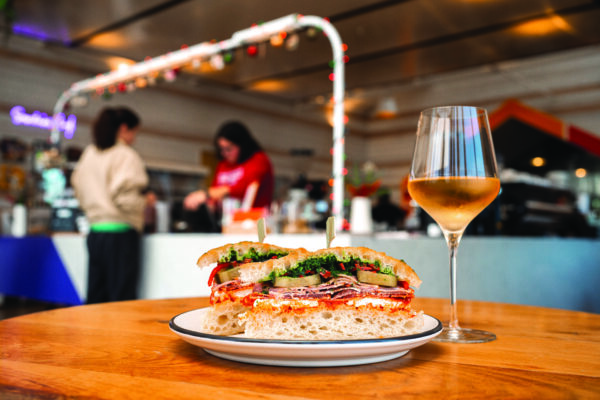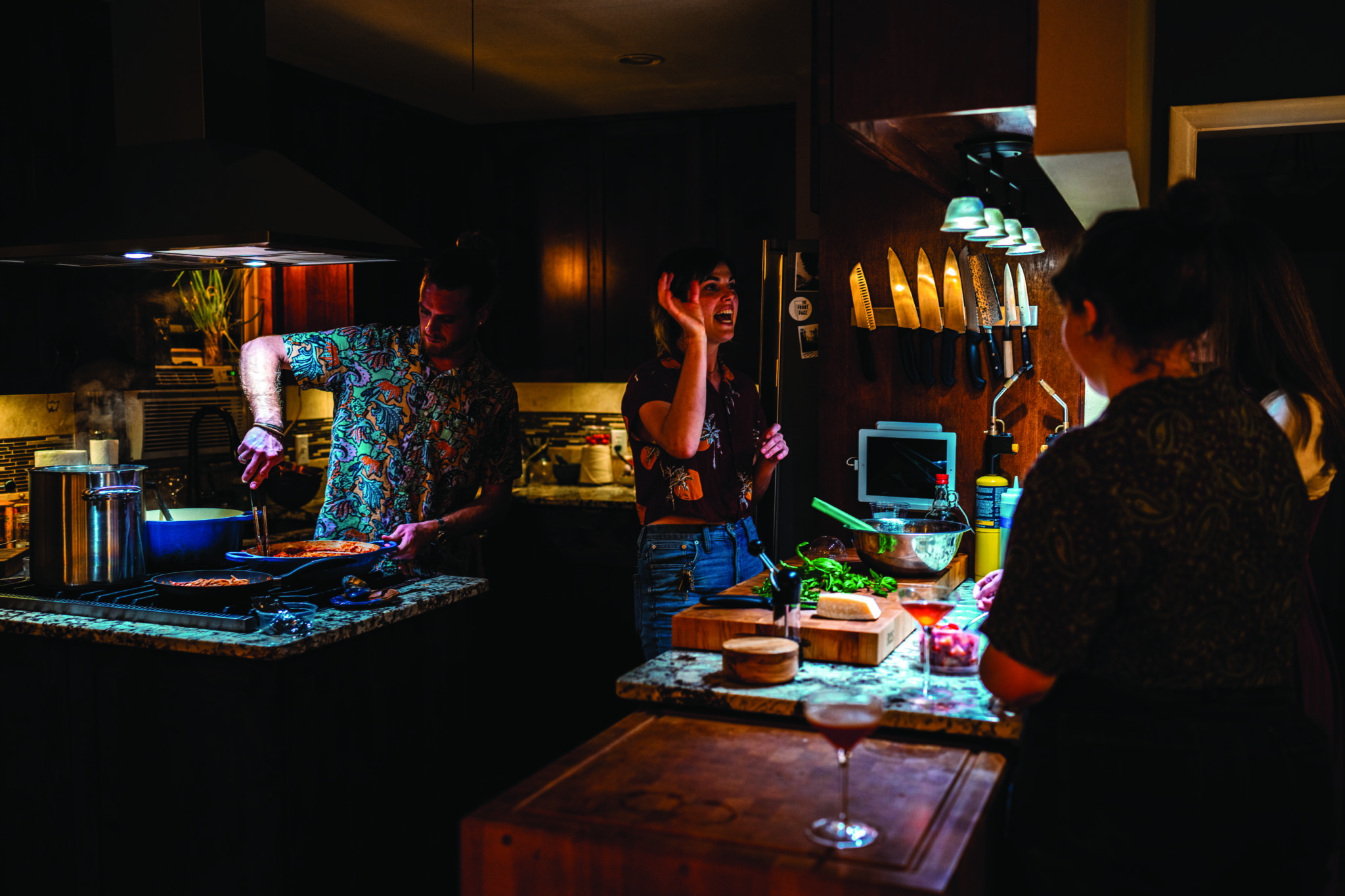Ask an Expert: Q&A With Charlie Wilson

Callahan’s General Store Spring Planting with CEO & General Manager Charley Wilson
Q: What’s the typical window for spring planting in the Austin area?
A: Depending on what you’re wanting to plant and grow, the season can begin as early as January when seedling potatoes, onion sets, bare-root fruit trees, and bare-root pecan trees become available. Seedling vegetable and fruit plants begin to become available at Callahan’s in late February and March, and they remain available until about mid-May.
Q: What seedling plants does Callahan’s typically have available each spring?
A: Because we want our customers to enjoy their gardens, we offer productive plants that thrive in this climate zone. What we mean by “productive” is that they bear blossoms, fruit and vegetables from a healthy range of plants. The flowers we sell, for example, are intended to attract insects such as bees, which act as pollinators throughout the region’s eco-system. The range of pepper plants, for example, must be able to grow in and withstand hot, humid summers. All of the soils, planting mixtures, mulches, and fertilizers are intended to complement the plants to work well in this region. Some might work better west of I-35 where the natural terrain is rockier; others might work better east of I-35 where the terrain is more loamy, sandy, and finer.
Q: What are the benefits of and differences between conventional and organic seedling plants?
A: Producers have multiple ways of growing seedling plants that allow those plants to thrive. Some use certain human-safe pesticides to ensure the health of the plants; others do not. Certain specifications qualify plants as “certified organic;” these specifications mean that the growers have taken additional steps to ensure that the plants are as close to being grown in a natural, healthy way as possible. And there’s a premium price that the consumer pays for that. It all comes down to customer preference. Our people can help you arrive at your decision.
Q: Does a plant lose its organic integrity when municipally treated potable water, with small amounts of chemicals like fluoride and chlorine, is applied to the plants?
A: The good folks at the Texas A&M Agricultural Extension agency can probably best answer that question. At Callahan’s, we focus on selling plants that will survive and thrive in this climate. When they’re in our possession, we use well-water from a local aquifer for our seedling plants. Once the plants are in our customers’ possession, we are happy to coach them along the lines of what’s available for conventional or organic approaches. We offer advice on new soils, how to turn over the existing dirt, introducing new nutrients, and how you might want to plant your seedlings.
Q: Does Callahan’s also sell gardening tools?
A: We have a variety of rakes, hoes, shovels, picks, and other tools that are useful to start and maintain your garden.
Q: Do backyard chickens and gardens work well together?
A: Absolutely! Many of our customers use what they produce in their gardens to complement what they’re feeding their chickens. They also compost the organic matter from the chickens to fertilize their gardens. But if you ask, “Which came first, the garden or the chicken?,” I’m gonna have to pass when trying to answer. Let’s just say, get out here to Callahan’s, and we’ll help you with both!
Contact
(512) 385-3452
501 S Hwy. 183
callahansgeneralstore.com










